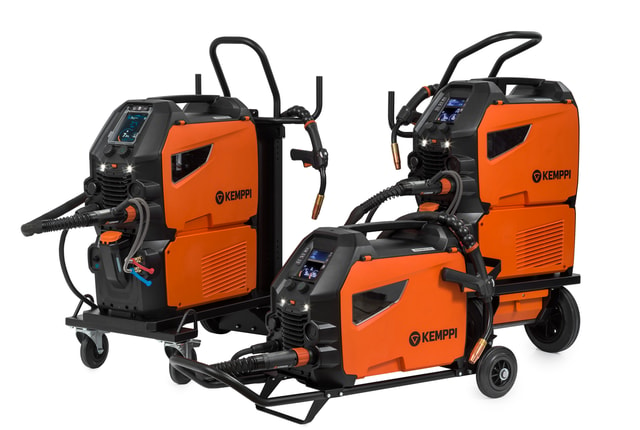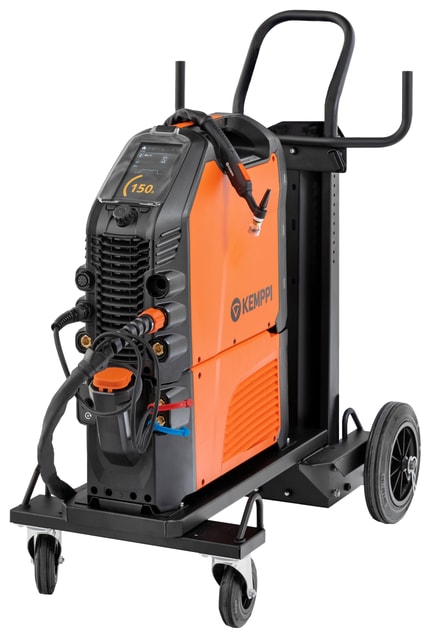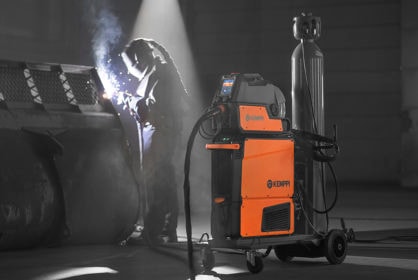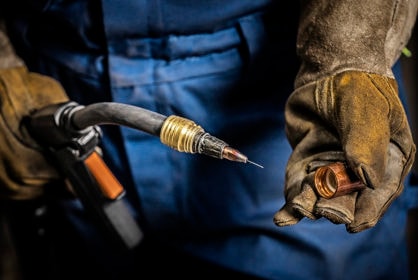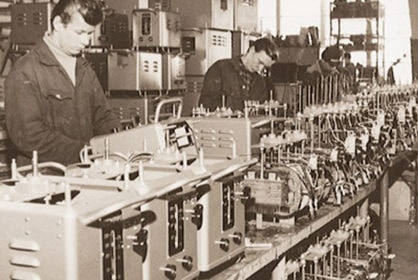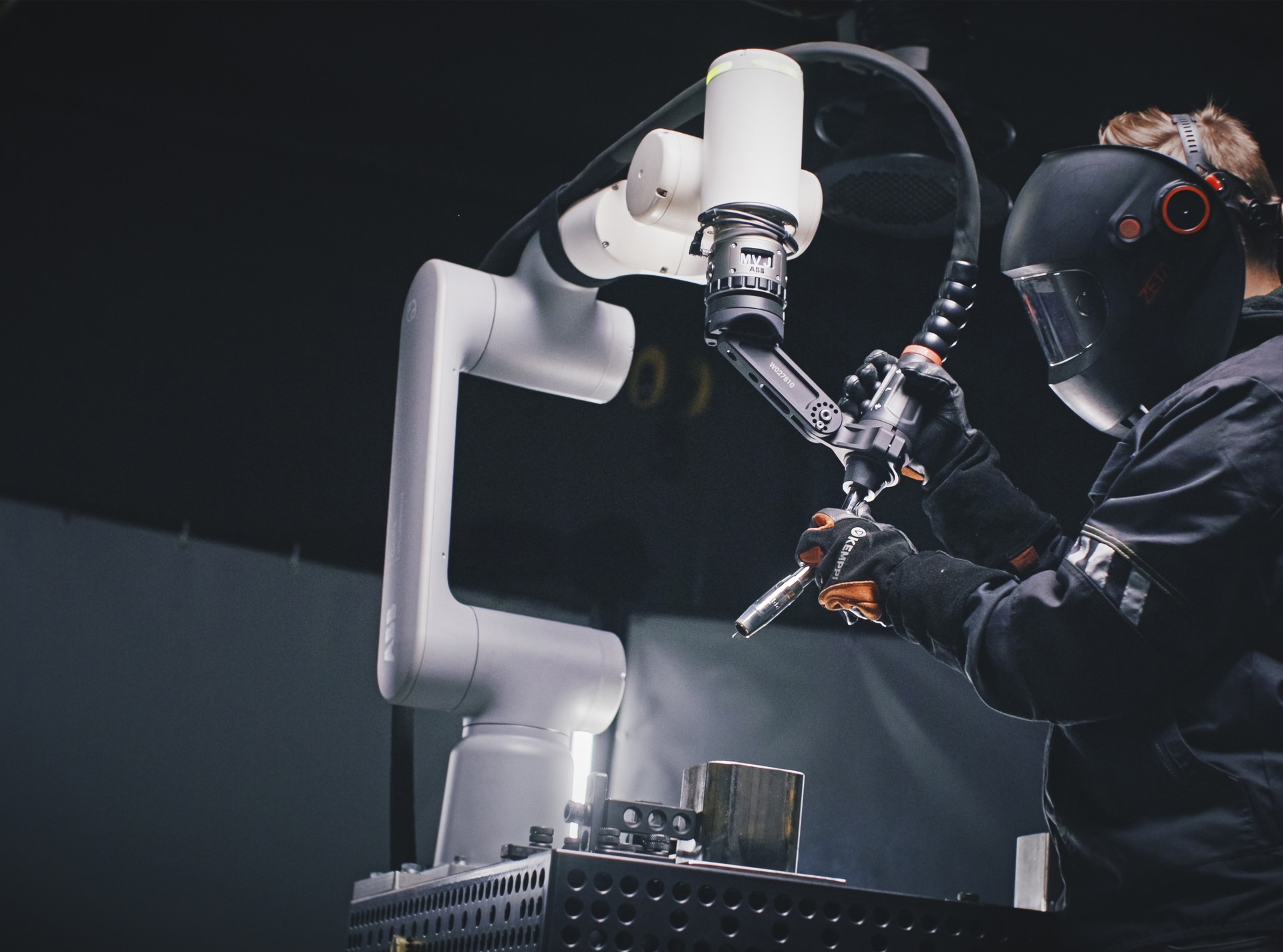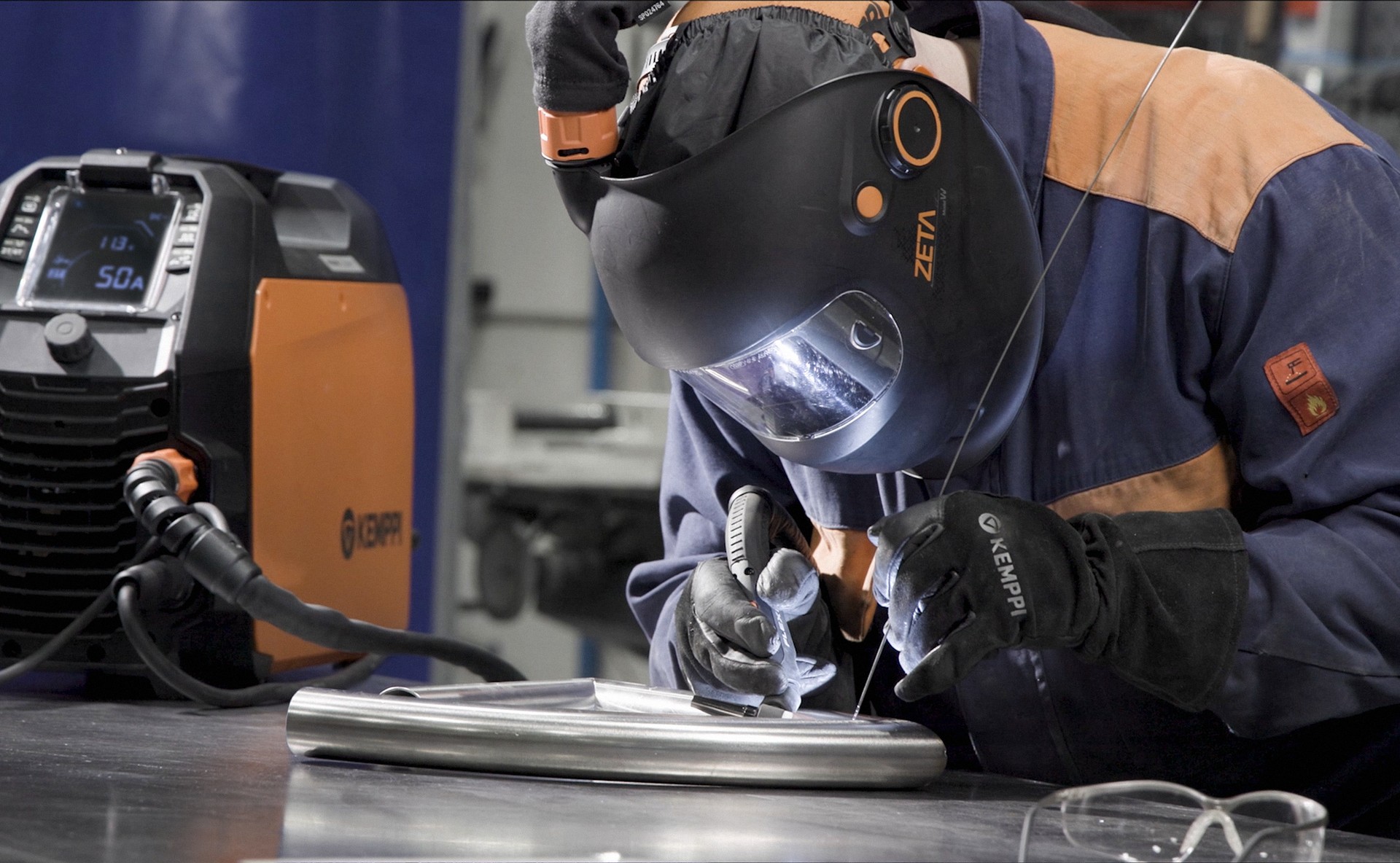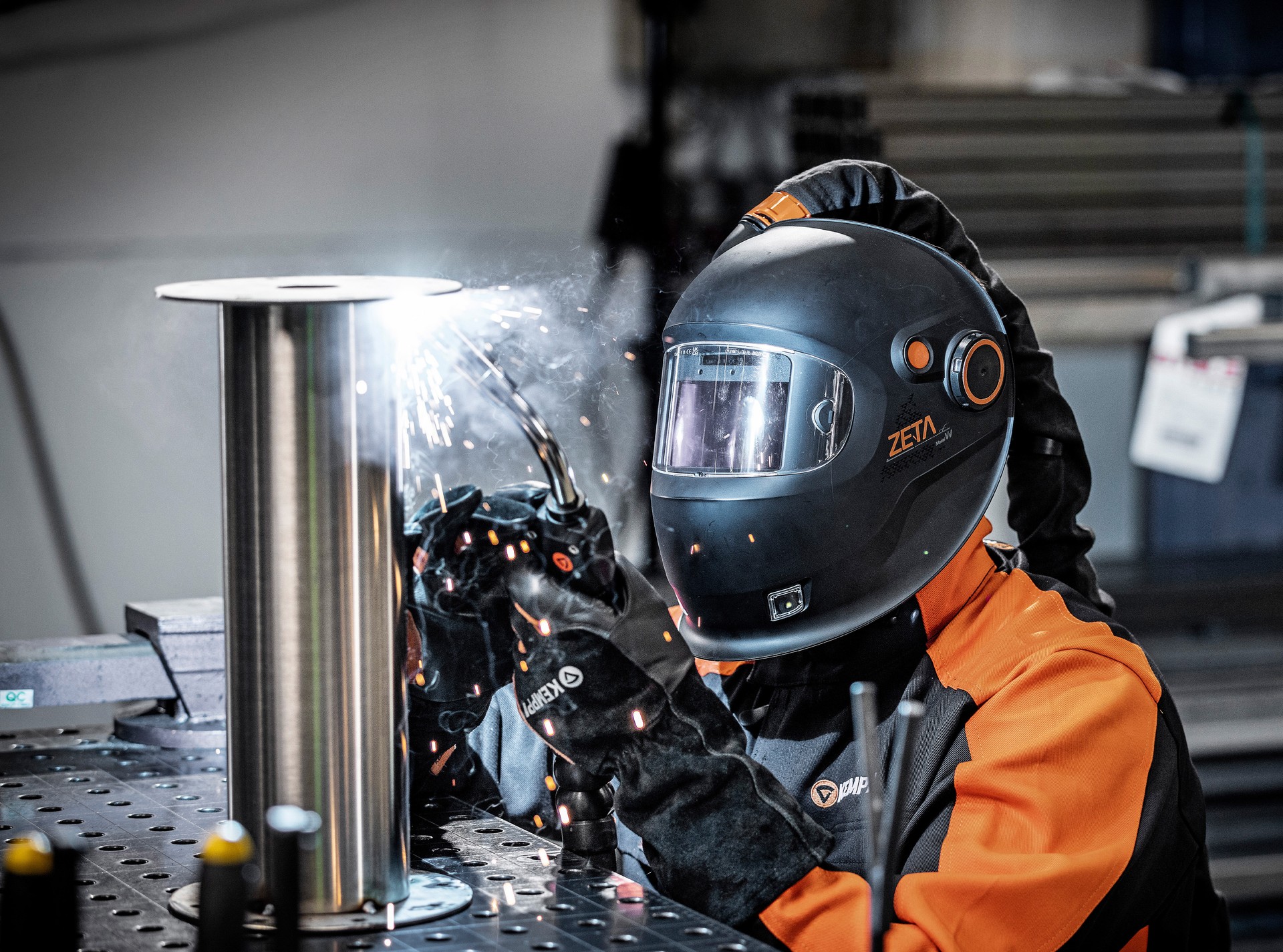
Welding ABC
What to consider when buying a welding machine?
6 October 2020
Once a welding machine has reached the end of its life cycle, or a company expands its operations, it's time to find a new best friend for the welder. There is a wide range of welding machines on the market, and in many cases, comparing different brands and models is challenging. What kind of things should be considered when purchasing a welding machine?
Jani Kumpulainen
A good welding machine is a long-lasting purchase and often also a significant investment. It is smart to spend some time comparing machine characteristics with your needs and demands. At best, your company's productivity – and the job satisfaction of your welders – will reach new levels with the right equipment.
Here are some essential points to consider when making the purchase decision.
What are you welding?
The first things to go through are very basic: what are the applications that the welding machine will be used for, and why a new machine is purchased. The welding process (MMA, TIG, MIG/MAG) already guides us a good step further and often narrows down model options. Purchasing new welding equipment is also a good time to check whether existing welding processes could be replaced, or further enhanced by introducing special processes.
Base materials play a key role when considering the specifications of the welding machine. In MIG/MAG welding, it is good to take plate thickness and the length of the welds into account. The thicker the plates and longer the welds are, the higher are also the required power and duty cycle of the power source. In MIG welding, if the main base material is aluminum, a pulse welding machine is the only right option. TIG welding, on the other hand, always requires an AC/DC welding machine. These criteria, in turn, affect the price of the new machine, and the available models.
It is also worth considering whether a machine specializing in a particular welding process would suit your needs best, or could one multi-process welding machine do the same thing? This particularly depends on the role of welding and its criticality in the operations.
What is the role of welding?
The role of welding in the company and different applications define the characteristics of the new welding machine. When welding is secondary auxiliary work, even an affordable welding machine may meet the needs. However, cheap is seldom a synonym for good – the better the welding machine, the better its arc characteristics. A high-quality, spatter-free arc ensures that there is no need to waste time in after-treatment. The functionality and reliability of the welding machine are, of course, always important features – then time and money will not be spent on additional maintenance and ordering spare parts.
Does welding take place only on the factory floor, or for example in a small, enclosed space? The size, mobility, and location of the machine play a significant role when welding needs are exceptional. Different accessories (boom hangers, long interconnection cables, etc.) ease the welder's daily work. In some tasks, the availability of certain accessories is critical enough to affect the purchase decision. It is a good idea to go through the available accessories with the salesperson even before making the purchase decision and to buy the needed accessories at the same time as the welding machine itself.
Is the welding machine in personal or shared use?
A welding machine is a production tool for the company, but also a partner for the welder. The end user's opinion is often the decisive factor in the purchase decision, tilting the scales in a certain direction.
When the welding machine serves only one user, the brand loyalty of a satisfied user comes into play. When there are several users, ease of use, language options, and a fast-to-adopt user interface are of high value.
Particularly in an industrial environment, the welding machines are purchased based on demonstrations and experimentation. When the welders, after the demo, are free to familiarize themselves with the machine's characteristics and like what they see, it is easier to justify the choice. Make sure that the salesperson guides you through the machine's features, and that the trial period is sufficient for your business needs. Listen to your network as well – companies in the same industry may already have experience with the welding machine that interests you.
Are maintenance and spare parts easily available?
No matter how brilliant your welding machine is, there will be a moment when it requires maintenance or spare parts. Even before buying the machine, find out where the nearest service point is, and what is their response time. Likewise, make sure that consumables and spare parts are available. When the consumables are of high quality, their life cycle is longer, providing significant cost savings in the long term. The manufacturer’s original consumables are the most cost-effective and safest choice.
Business happens between people. A dedicated salesperson looking for solutions to your key welding issues inspires more confidence than a faceless online store. A professional retailer or manufacturer will answer your questions without delay, even after the deal is done. When promises are kept and the product meets the expectations, it is only natural to turn to the same seller with your future welding needs.
Depending on the market and need, it may be a good idea to make sure in advance that the documentation for your new welding machine is in order, and that it meets the standards and industry requirements. Again, a well-known manufacturer with a long-standing market presence is a good and safe choice.
Don’t forget to check the warranty policy of the product before making the purchase decision.
Does price matter?
The price of a welding machine, like with any other product, is not measured only in money. In the end, the product’s price stands for reliability, quality, life cycle, and service life as well as the available spare parts and serviceability. Money is not only needed for buying a welding machine but also for buying a reliable production tool.
There often is a price that you can’t or don’t want to exceed, but it is worth remembering that cheap rarely stands for good quality. A high-quality and long-lasting welding machine will pay for itself during its life cycle.
Whatever your welding needs or situation, at Kemppi we work for you. Our job is to create a perfect match between the welding machine, its user, and the task.
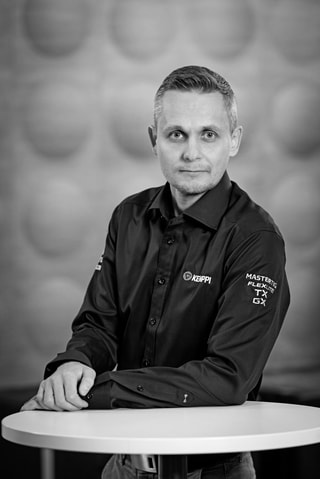
Jani Kumpulainen
Jani Kumpulainen
Welding Technology Manager at Kemppi Oy. International Welding Engineer (IWE) and Inspector (IWI-C) who has over 10 years of experience as a welding expert in welding process development, welding coordination of pressure vessels and international sales. Interested in understanding the whole welding industry including welding processes, weldable materials, and welding quality standards.

